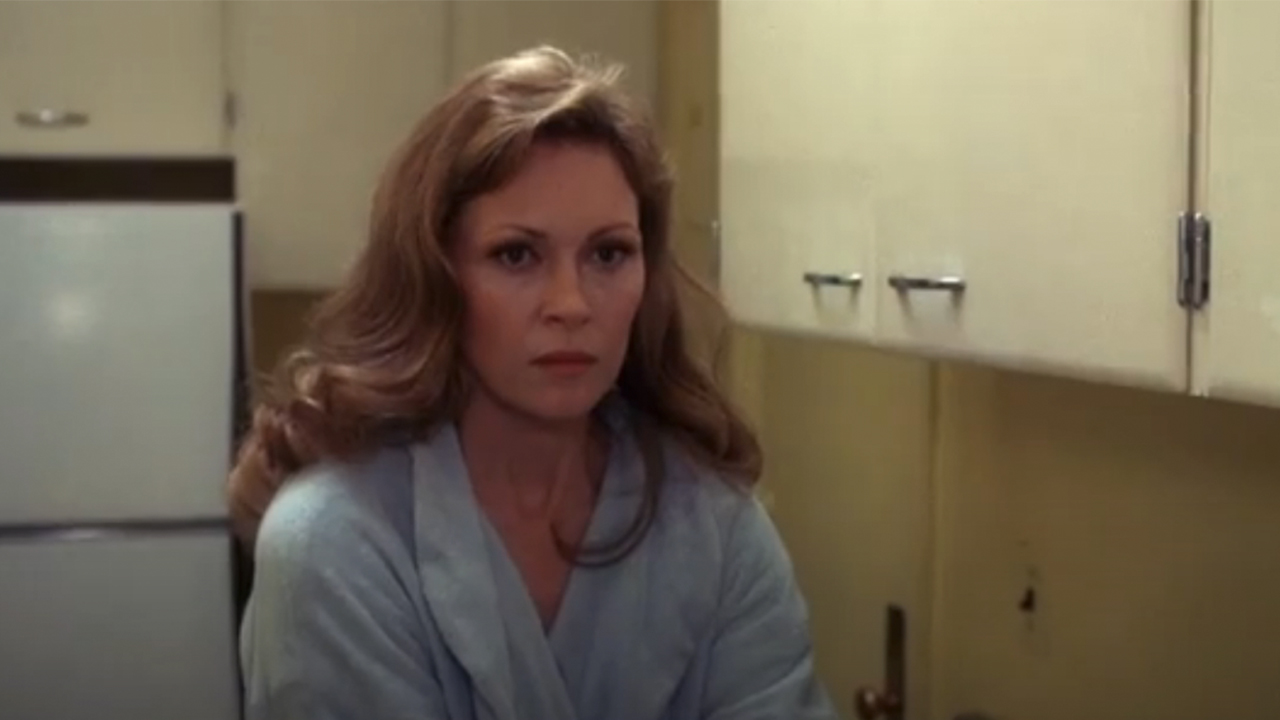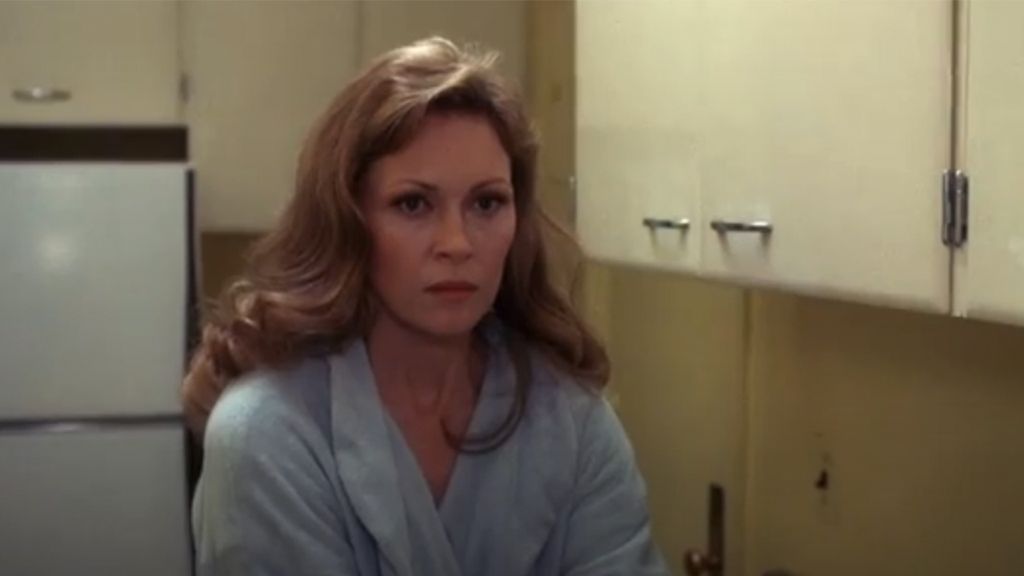I haven’t watched Network in about 20 years. I’ve always considered it one of my favorite movies, but aside from occasionally watching Ned Beatty’s and Peter Finch’s classic speeches in the movie on YouTube, for whatever reason, I haven’t revisited it much. I recently rewatched it, and while the message is still disturbingly accurate – maybe moreso than it was when it was released in 1976 – there was something else that grabbed my attention this time.
The tangled, messy relationship between Max (William Holden) and Diana (Faye Dunaway) was something I always saw as a distraction from the main point of the film. It makes sense in the context of the story (sort of), but I never connected with it like I did watching it recently.

The Movie Really Ties Together Diana’s Nihilism In Her Professional And Private Lives
best movies of the ’70s, Network, in my early 20s, I was full of vim and vigor. I wanted to take on the world, and politics got me angry and excited. I was worried about the future, as I had a lot of it ahead of me. Reality TV was on the rise, corporations exerting more influence on politics and everyday life, and I was disturbed by it. In the decades since, things have only gotten worse. That was what this article was supposed to be about.
That aspect of Network has been, for lack of a better phrase, beaten to death over the years. Books have been written about how prescient writer Paddy Chayefsky was with his brilliant screenplay and the great quotes from it. Mass media has only grown bigger and more influential, and now we have social media performing the role that TV used to, and it’s like TV on steroids. It has, frankly, made things worse than they are in the movie. The quest for followers and views, like Diana’s thirst for better ratings in the film, drives so much of what people do and say on social media that facts don’t matter. All that matters is being more outrageous and more shocking than the last person.
I’ve become numb to it all, in a way. Sure, I still see red when I something really upsets me, but not like I used to. The film made me wonder if the future of the world isn’t as important to me anymore, and I worry if that kind of nihilism will only increase as I get older. There is only so much I can do, and frankly, I’m not “mad as hell” right now. I’m resigned to the status quo. I don’t like it.
dark as the satire is in Network, it was also inspiring to me in the ‘90s; it should be even more so in the ‘20s. I should want to take on the “primal forces of nature,” as Ned Beatty says in his only scene in the movie.
What makes Network great is that it is the kind of story that teaches viewers different things at different points in their lives. Just like rereading Catcher in the Rye as an adult made me hate Holden Caulfield, after adoring him as a teenager when I first read the book. Great stories have the ability to be chameleon-like in their message, and Network is one of those great stories.
It has reminded me that, in the words of Howard Beale that “I’m a HUMAN BEING, God damn it! My life has VALUE!” So, it’s time for me to get up, open the window, stick my head out, and yell “I’m not going to take it anymore!”

